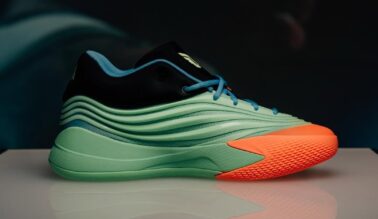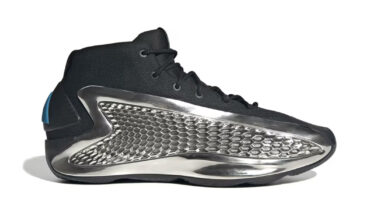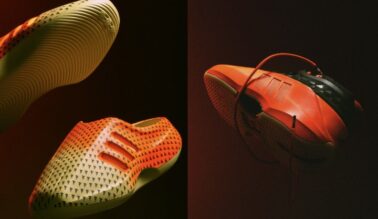This post may contain affiliate links. Please read our disclosure policy.
Recently, it was reported that adidas has fallen to the ranks of third in current US sales behind longtime numero uno Nike and the rising Under Armour. Reworking their roster and looking to take back share in the States, adidas has elevated Mark King to President of the adidas Group in North America after his chief executive role at adidas subsidiary Taylor Made. In a very candid interview with Wall Street Journal, King addressed the recent shift in sales rankings and also the proposed steps to move up in the US market.
WSJ: Data shows that Adidas has fallen behind Under Armour and Nike in retail sales in the U.S. so far this year, a first. Are you surprised by that, and what does that mean for your role and for the Adidas company?
Mark King: It doesn’t surprise me. Is it disappointing? Extremely. But is it surprising? Not that surprising. And what does it mean? It means we have to look at the way we do business and commit to making real changes in the way we create products, the way we bring them to market, the speed at which we bring them to market. With the exception of a couple seasons — back to school and Christmas — with the exception of those two seasons, consumers buy when they want to buy something, and our system is really fall-winter and spring-summer. I think that has to change dramatically.
WSJ: So in other words, more specialization? What about between lifestyle sportswear and performance sportswear?
Mark King: One of the things we’d like to see is there’s a real delineation between style and performance, and we want to see those come together. The consumer isn’t delineating between style and performance, it’s become one thing. That will be a competitive advantage for us, along with innovation.
WSJ: A lot of sporting goods executives use the word ‘innovation’ when describing their objectives. What does that mean?
Mark King: I think it means leading change. I think innovation only means leading change. The reason you hear it a lot in sporting goods is if there wasn’t that innovation, then it would be a commodity business. And in a commodity business, prices fall, but if you have new innovation, that means—and it could be materials, it could be style, it could be fabrication, it could be light shoes, which used to be 14 or 15 ounces and now they’re 9 or 10 ounces. Those things give consumers a reason to buy.
King also states that the global head of design will be moving to Portland, suggesting a more US-centric approach to styling and aesthetic. For the complete interview, head over to WSJ.




